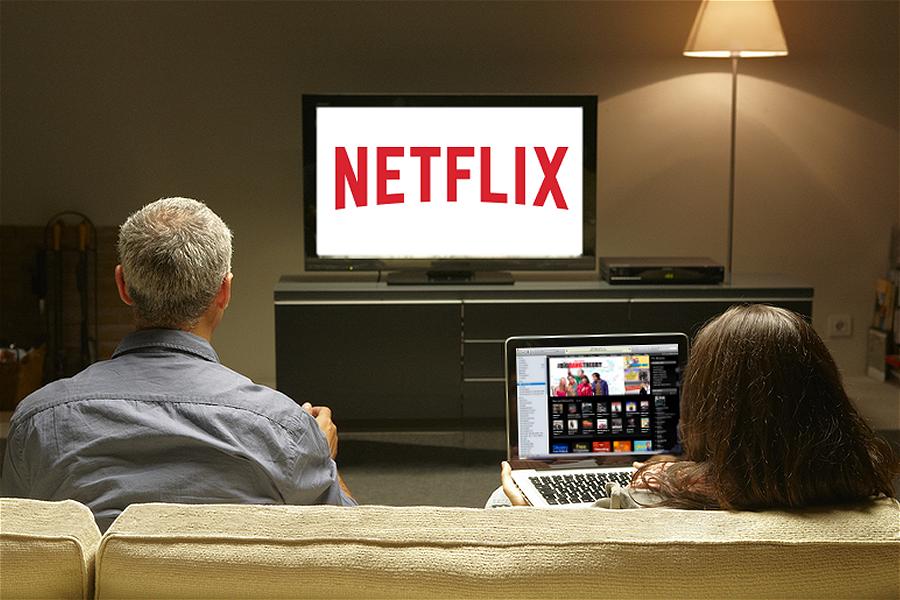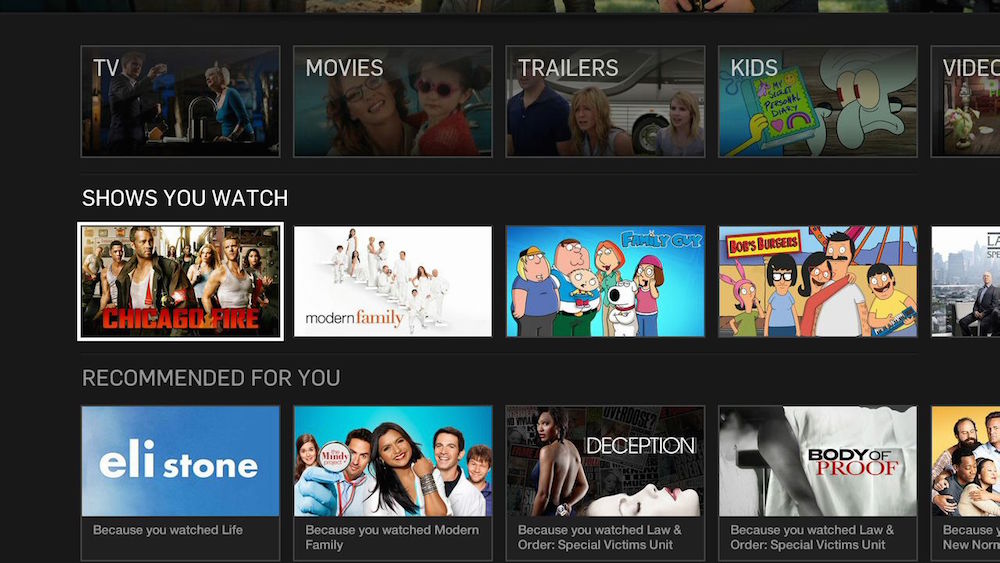
Last year, for almost three months, I became a TV drug addict. After re-watching Breaking Bad on Netflix, I was recommended to watch Weeds – a great show about a widow who becomes a weed dealer – and then I obviously turned my attention to Pablo Escobar and the Colombian drug cartel of Medellin with a full-immersion of three seasons of Narcos. And yes, it did impact me. Not because I became a junkie or a drug dealer – I didn’t! – but because I gradually began to root for, appreciate, and at some point, even relate to, the anti-heroes that were the protagonists of many of my binge-watching sessions.
In retrospect, I know that many of the conversations that I initiated at the time were spurred by the ethical dilemmas that these shows exposed me to. Similarly, I can see how three years of watching many shows about powerful women in different environments and from diverse backgrounds or “TV dramas featuring a strong female lead,” which, according to my feeds, is my favourite genre, has reinforced my view on womanhood and empowerment, the social and political debates that I’m interested in, and, inevitably, the people that I surround myself with.

Whether what we watch influences us positively or negatively, its effect is undeniable. In the 19th century, Karl Marx notoriously called religion the “opiate of the masses.” For many contemporary thinkers and sociologists, the opiate of our time is television. Since its popularisation, TV has played a major role in shaping cultural narratives in most societies all over the world. Just think of its power to gather people together, create collective memories and mould our vision of the outside world.
TV has been shaping how we interact with each other and even our aspirations. But while traditional TV has been restricted to a specific time and place as well as dictated by rules and regulations from the networks, streaming services and web providers have broken these boundaries and given more power to ‘television’ with the concept of personalisation.
Whether it’s Netflix, Hulu, Amazon, Apple TV or any other on-demand services that millennials use to watch shows, consuming TV is all about having choice. Over the years, a large body of psychological research has proved that our choices are not only dictated by our preferences but are also largely influenced by the options that we are exposed to and are most aware of at any given moment.
This, of course, has huge implications when it comes to streaming services as they’re not merely passive observers of our preferences. They use the data available to them to encourage us to keep on watching and keep us entertained with what they know we like. They know it so well, in fact, that they’re increasingly shaping who we are, the conversations we have and how we see ourselves like never before.

The universe of PTV (personalised television listings) operates a Facebook-style customisation. According to a recent report by Inside Big Data, 80% of the content that we watch on Netflix is influenced by the entertainment tycoon’s recommendation system. The company, exactly like its competitors, collects a huge amount of behavioural data to make our experience on the platform as tailored as possible. Even the amount of time we take to type a title, or the seconds we take to click on it after browsing options, is taken into consideration. Essentially, much like our Facebook timelines, or our Instagram feeds, a quick look at our streaming services’ homepages, tells a lot about what we like and what we are not interested in.
Because of the immersive nature of TV compared to other media and, to a great extent, because of binge-watching, the impacts on our personalities and tastes are greater than we might think.
It’s a cycle: we tend to watch less of what we’re not particularly into, much like we tend to avoid reading articles on Facebook that don’t conform to our political views, to the point that they don’t even show up on our timelines anymore. We end up watching an increasing number of shows that share similar ideologies, represent a certain lifestyle and depict a somewhat compatible worldview to ours.
Of course, the influence that a show – or a set of similar shows – has on us is directly related to the attention that we pay to it – we all have our “background noise” shows – but most people who watch a lot of TV online are unavoidably influenced by it. The irony is that while there is so much to choose from, when it comes to entertainment or information, we also end up being attached, and in a way confined, to our cultural “comfort zones”.
There has been a lot of debate on how social media algorithms could be manipulating everything we are exposed to, resulting in mindless consumption of information and content, but internet TV, which operates according to the same logic, might be even more powerful in confining us to our own bubble.





